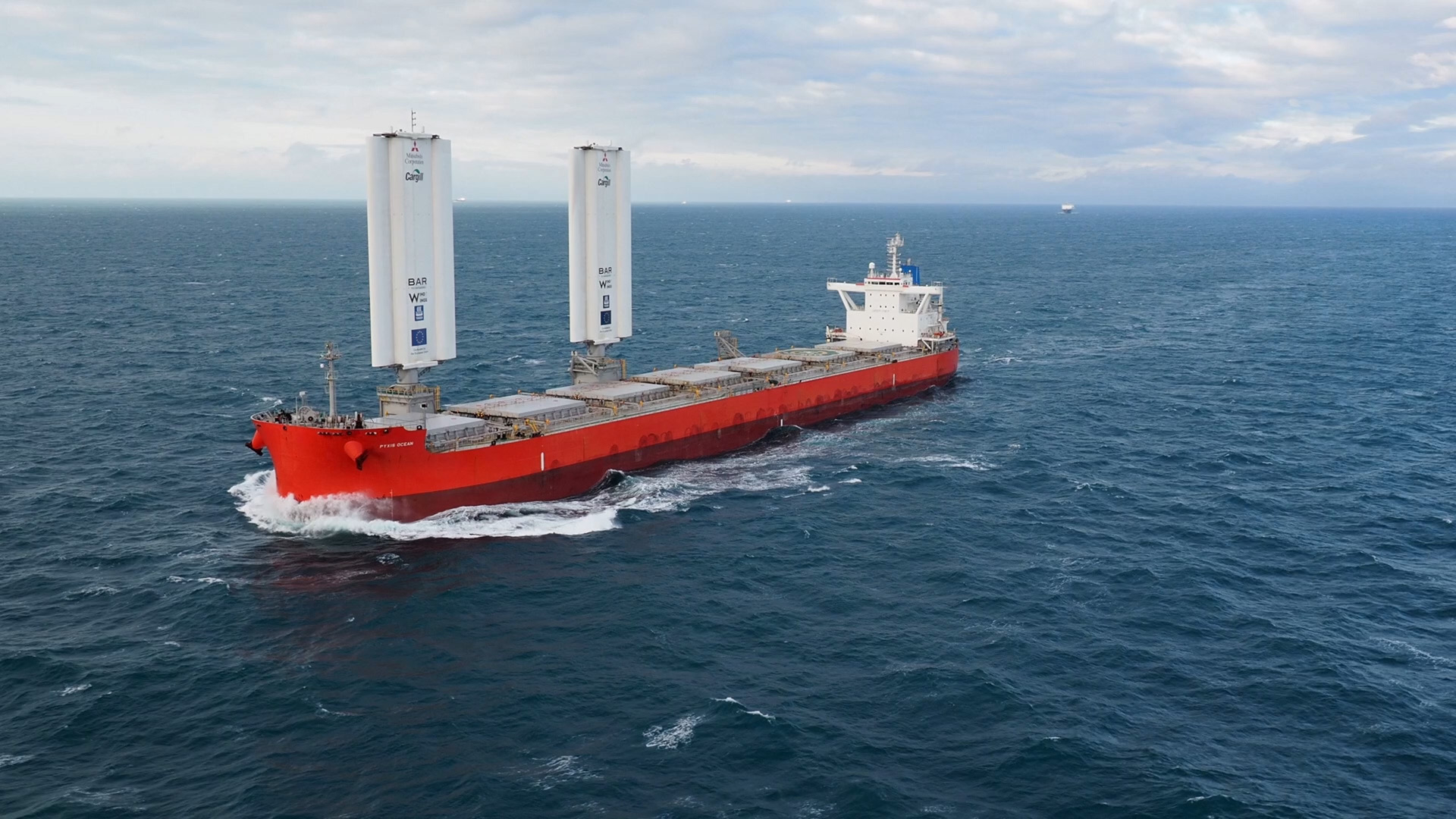Yancoal Australia is an industry forerunner when it comes to implementing a culture of safety excellence.
When Yancoal Australia rolled out its ‘Safe way every day’ program in 2019, the company didn’t just employ a stopgap measure; it was trying to turn the tide on safety culture in the mining industry.
‘Safe way every day’ is underpinned by a consistent approach to health, safety and training management that involves simple concepts and tools to empower Yancoal employees to implement their own safety behaviours.
Since the program’s introduction, the coal miner has enjoyed a 31 per cent reduction in total injuries, as well as a 37 per cent decrease in days lost to injuries.
Craig Hagan, Yancoal Australia head of training and safety culture, is at the helm of the company-wide program. He likens his experience of developing a safety culture to the up-and-down nature of a game of snakes and ladders.
“If you’ve got the right processes and frameworks in place, your company will continue to climb the ladder towards a culture of excellence, but there will be things that happen along the way that may disrupt that journey,” Hagan told Australian Mining.
“That could be a change in management, a change in legislation, or a significant incident – these are the snakes you can land on, and they can all have an impact on where your safety culture sits at any point in time.
“The key is having a robust cultural system in place, so that when you land on a snake, you know how to keep climbing upwards.
“Without the right framework in place, a lot of organisations hit a snake and then everything falls apart.”
Recognised for his work at driving safety culture, Hagan was named the Safety Advocate and Project Lead of the Year at the 2023 Australian Mining Prospect Awards. Suffice to say, his words bear weight when it comes to training and workplace culture.
So how does a mining company begin the climb towards a culture of safety? According to Hagan, it starts with knowing the data.
“The most important thing is to understand why your incidents are happening and how they relate to human factor elements,” he said.
“Having that kind of operational knowledge will allow you to build your framework around it.”
When Yancoal examined its own data, the company found that 85 per cent of its safety incidents were related to an element of human behaviour such as rushing, taking a short cut, or a loss of concentration.
Despite implementing comprehensive layers of risk assessment, governance and supervision, a persistent theme emerged: inconsistent individual behaviour often led to incidents.
While there is a role for rigorous, legally compliant, up-to-date safety procedures on a mine, part of the journey towards a culture of safety involves empowering employees to recognise the significant impact of human behaviour, and the ability to normalise risk, on their decision-making processes.
‘Safe way every day’ tackles this situation with a coaching approach, where every individual is empowered to speak out if they feel unsafe, or see something unsafe, on-site. This allows employees to keep themselves and others in check without fear of speaking out.
“People can get into a false sense of confidence when it comes to risk-taking behaviour and, after long enough, not realise that they’ve created bad habits,” Hagan said.
“Unless you’ve got that peer support, and confidence in a no-fear leadership process where people can put their hand up and say, ‘hang on a minute, I might have lost my way’, then you’ll end up seeing a higher number of incidents.
“As humans, we’re all subject to making mistakes, and having that better peer support network allows someone else to be able to keep an eye on us when we’re conducting high-risk tasks.”
‘Safe way every day’ has taken safety at Yancoal to new heights. The company has not only experienced significantly fewer incidents, but has increased incident reporting by 32 per cent and achieved a 96 per cent positive safety feedback rating from its employees.
But a change like this doesn’t come about overnight – it’s the result of years of dedication and determination from the whole Yancoal team.
“The key thing is that when you start down this path, you have to be committed to implementing a long-term operating model change,” Hagan said.
“There will be ups and downs, but you have to commit to the cultural framework and maintain that energy as an integral part of the business model going forward.
“There is a fixed mindset that when people go to work, safety is the responsibility of the company.
“What we’re teaching people is that safety is a shared responsibility and, in actual fact, we’re all safety leaders, regardless of our role in the business.”
This feature appeared in the August 2024 issue of Australian Mining.




